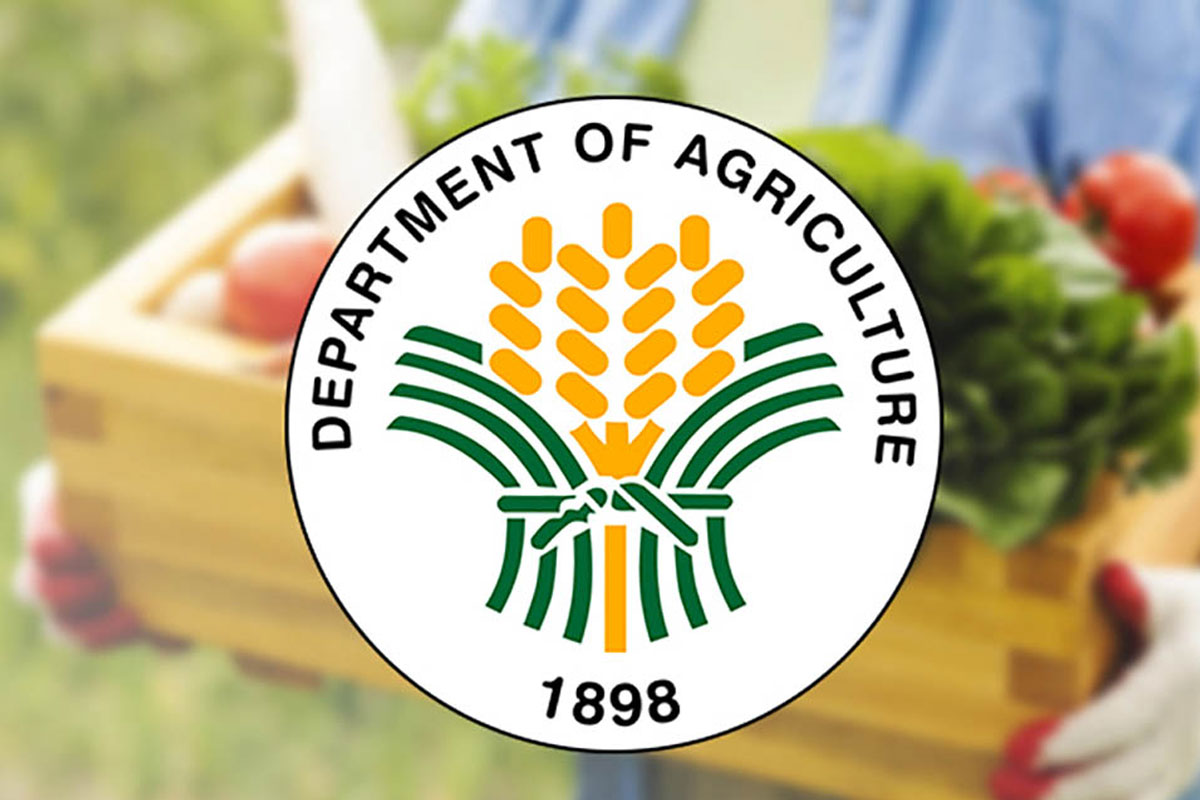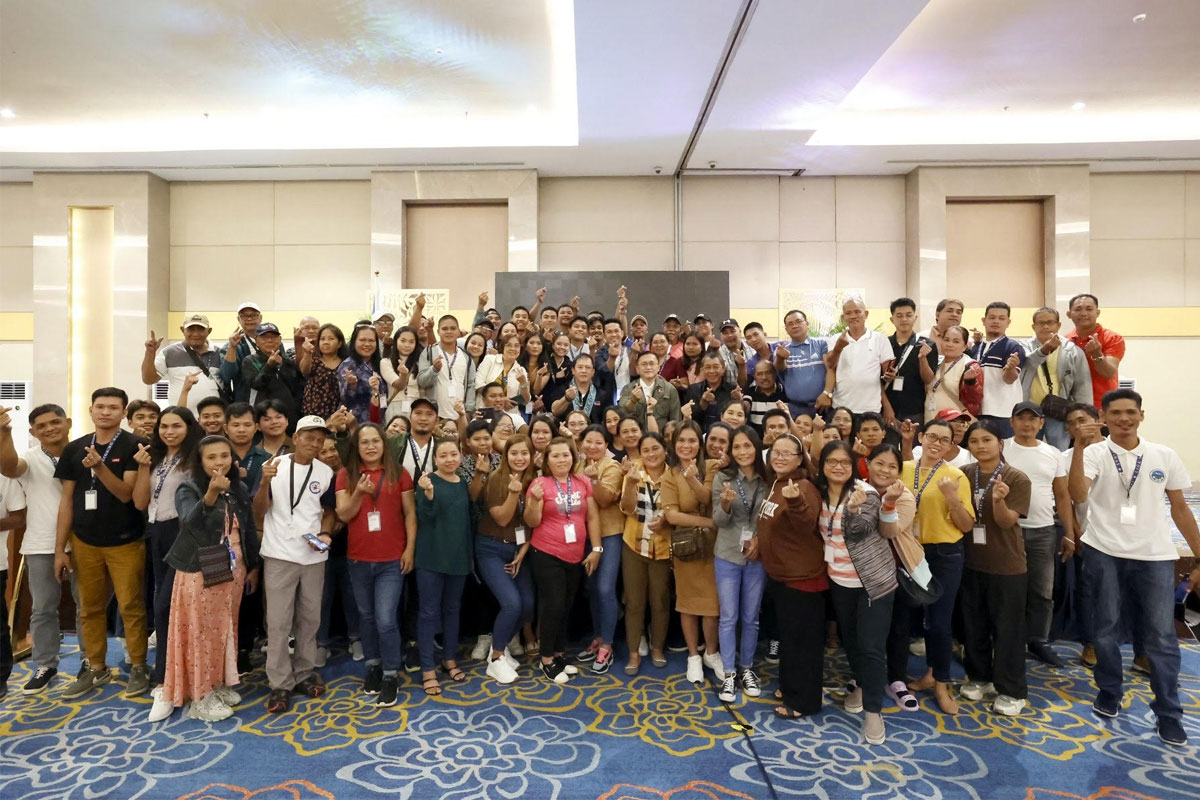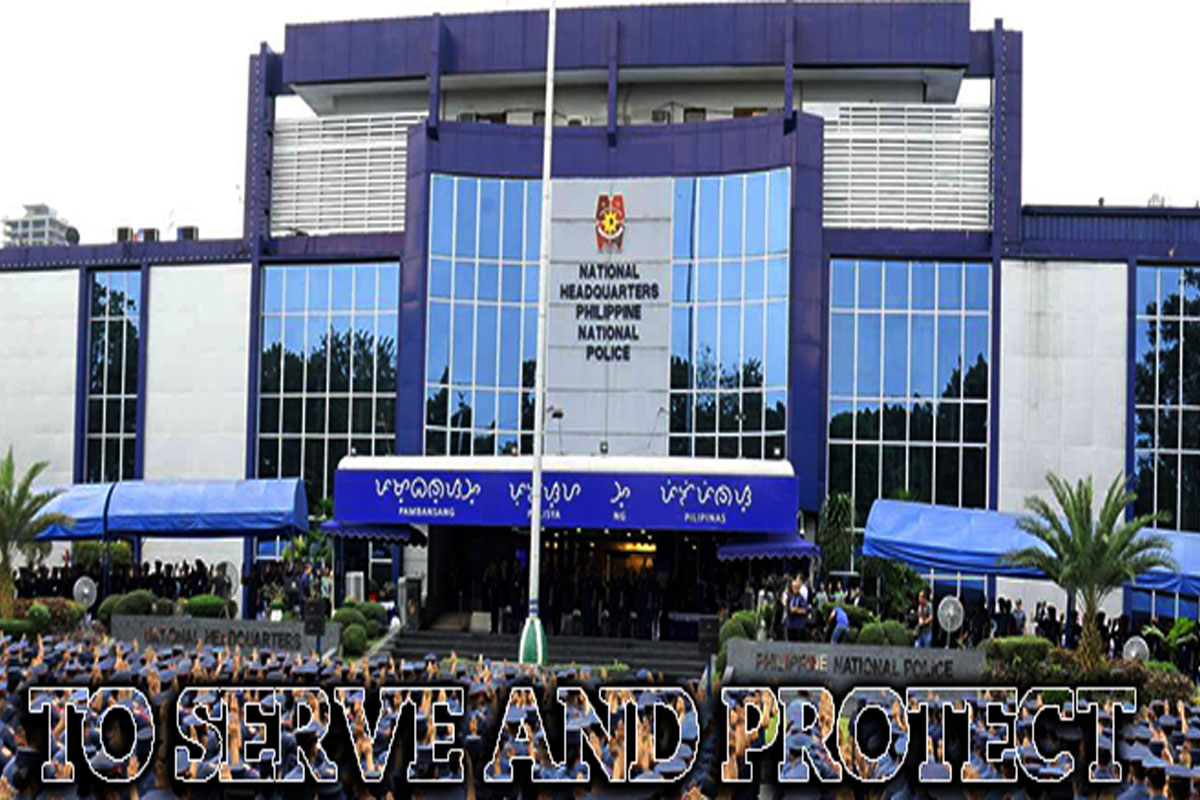
Scrap Minimum Access Volume for poultry pork imports, DA asked
THE private sector has asked the Department of Agriculture (DA) to scrap the Minimum Access Volume (MAV) in poultry and pork imports saying it has become useless since the actual import volume for these products have ballooned many times.
MAV refers to the quantities of a given imported agricultural product that the government allows entry into the Philippines at the lower in-quota tariff rate.
Philippine Chamber of Agriculture and Food Inc., (PACFI) president Danilo Fausto cited the importation for chicken which he said is more than 15 times the MAV.
The Philippines has committed in 1995 to the General Agreement on Tariff and Trade-World Trade Organization (GATT-WTO) for an import volume of 23,500 metric tons for chicken with lower tariff of 40% under MAV.
Outside MAV, tariff commitment was at 50%. However, in 2005, tariff rate became equal for in and out of MAV volume.
“Thus, our treaty commitment with the GATT-WTO shows that with this condition, there is no longer need for a MAV,” he said.
Fausto said that in a meeting with DA Secretary Francisco Tiu Laurel Thursday, he asserted that MAV has to be scrapped because the actual volume for chicken, pork and corn have tremendously increased.
He also mentioned that the fees collected from the Safeguard Measures Act implementation be channeled for the competitiveness of the agri sector.
According to FAusto, removing MAV will result in a “level playing field among importers and importers vis a vis local producers.”
PCAFI is concerned that farmgate price of chicken reported by the United Broilers and Raisers Association as of January 4 was P89.15 per kilo liveweight.
This is way below production cost per kilo. For imported chicken, estimated cost was at P84.83 per kilo within MAV and P90.83 per kilo outside MAV.
On the other hand, retail price as per DA Bantay Presyo data on January 4 was at P170 to P180 per kilo.
In 2023, total chicken importation stood at 426,620 kilos. The same sitution is true for corn and pork where actual import volume far exceeds MAV.
In his Aide Memoire No. 2, Fausto also asked the government to strictly enforce Section 34, Chapter 4 of the Safeguard Measures Act (Republic Act 8800) which was aimed at protecting local farmers from any surge in imports.
This mandates that fees and safeguard duties from the implementation of RA 8800 totalling to 50% be allocated for the competitiveness of the agriculture sector adversely affected by the surge in imports.
“RA 8800 was approved last July 19, 2000. Two decades have passed and we have yet to see where the money collected under the law was allocated. More particularly coffee, pork and chicken,” said Fausto.


























